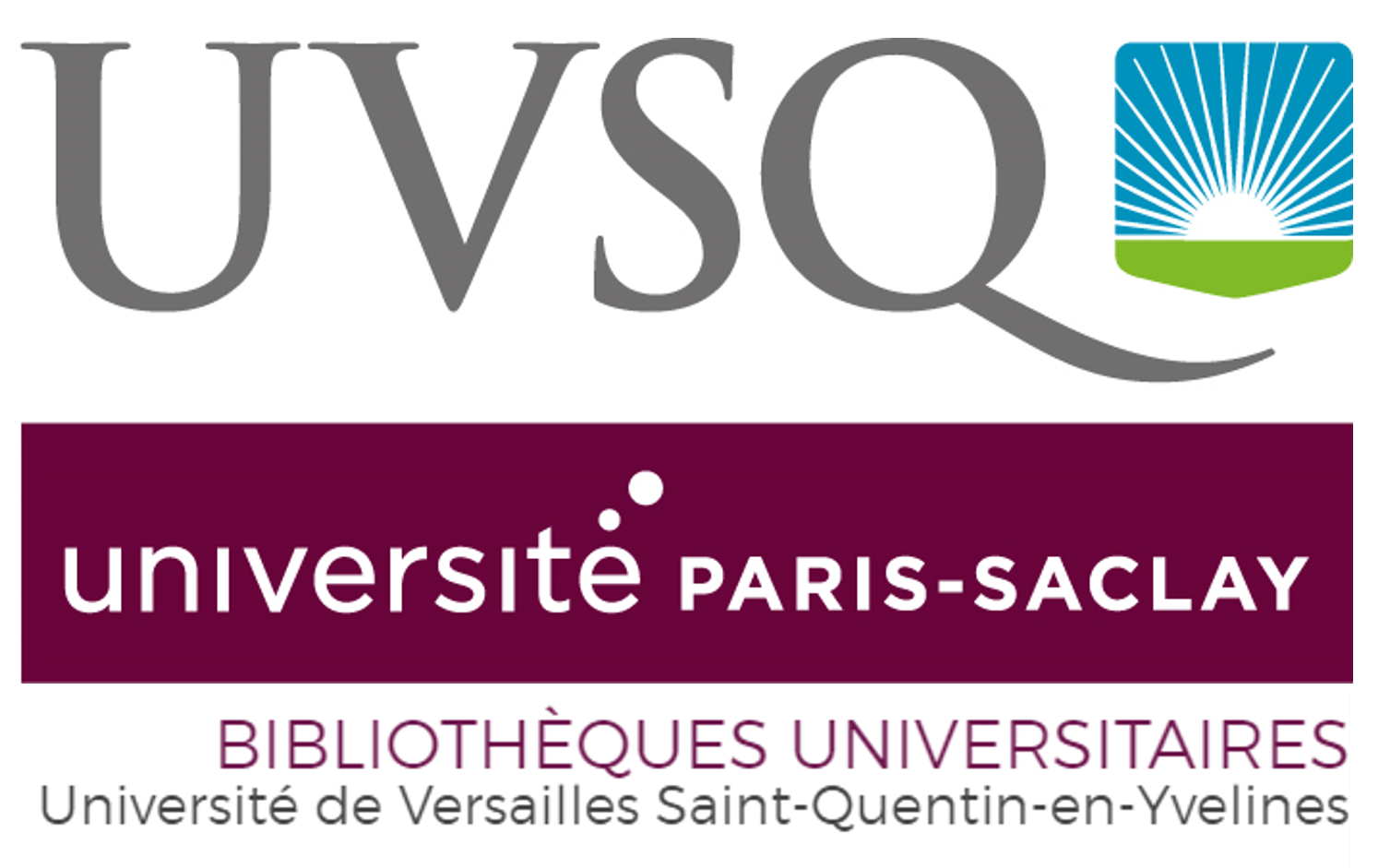Indoor Laser-Based Wireless Communications
Résumé
Optical wireless communication (OWC) is a strong candidate in the sixth generation (6G) of wireless communications as it can support data transmission at high communication speeds, low power consumption, high security, and high reliability. Near-infrared lasers, specifically vertical cavity surface emitting lasers (VCSELs), exhibit larger modulation bandwidth compared to light-emitting diodes (LEDs), and can provide aggregate data rates ranging up to Terabit per second (Tbps). This chapter proposes innovative optical transmitter and receiver designs for indoor laser-based wireless communications, aiming to provide seamless coverage in high-speed multi-user scenarios. The proposed optical transmitter is based on a 5 × 5 VCSEL array where each VCSEL can provide 10 Gigabit per second (Gbps) in a uniform coverage area of 20 cm x 20 cm, achieving a total of 250 Gbps in an area of 1 m2 at 3 m transmission distance. Moreover, two wide-FOV receiver designs that employ photodetector (PD) arrays in along with imaging or non-imaging optics are introduced to support such an ultra-high-speed optical link. The new design of OWC requires potential techniques to address various networking challenges, including cell formation, interference management, resource allocation, and backhauling. To this end, potential solutions for these challenges are discussed to help establish an end-to-end OWC infrastructure for practical deployment.
Mots clés
5G wireless networks 6G wireless networks optical wireless communications LEDs infrared lasers networking Free Space Optics Technologies in B5G and 6G Era -Recent Advances New Perspectives and Applications Indoor Laser-Based Wireless Communications
5G wireless networks
6G wireless networks
optical wireless communications
LEDs
infrared lasers
networking Free Space Optics Technologies in B5G and 6G Era -Recent Advances
New Perspectives and Applications Indoor Laser-Based Wireless Communications
| Origine | Fichiers produits par l'(les) auteur(s) |
|---|

